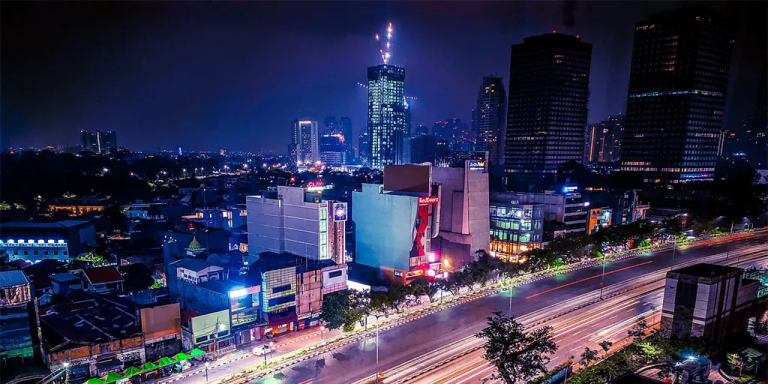Vijay Jayaraj
The archipelago nation of Indonesia occupies just 1% of the Earth's land area, but it sets the stage for global geopolitics around fossil fuels and climate policy.
Indonesia is expected to become the first developing country to announce early closures of coal-fired power plants as part of climate talks among G7 countries.
Of particular concern is the 660 MW Cirebon-1 power plant in West Java, which was scheduled to close in 2035. Plans to operate the power plant.
In reaffirming its commitment to unlimited use of coal, Indonesia has made a bold and smart decision to put energy security and economic priorities ahead of international climate politics. The move makes Indonesia a model for other developing countries that can ignore the West's agenda to reduce emissions for their own benefit.
Indonesian coal
For developing countries like Indonesia, the road to prosperity is paved with affordable energy. Coal, abundant and cheap, has long been the fuel of choice for economic growth. The country has abundant coal reserves, estimated at 37 billion tons, mainly distributed in Sumatra and Kalimantan.
Jakarta approved a coal production quota of 922 million tons in 2024, a significant increase from previous years. The move sparked international criticism but was a calculated step to ensure energy affordability.
Coal remains the backbone of Indonesia's energy sector, accounting for more than 60% of its electricity generation. Additionally, Indonesia relies on coal-fired smelters for much of its nickel production.
Indonesia produces about half of the world's nickel and is the largest producer of nickel, which is needed to make batteries for electric vehicles and energy storage devices.
The economic case for fossil fuels
In the late 1990s, nearly 50% of Indonesia's population lived in poverty. Today, as coal use has increased over the past two decades, that number is closer to 10%. Indonesia's employment rate is as high as 70%, one of the highest among G20 countries.
“Despite the challenges faced in 2023, Indonesia has demonstrated resilience to global shocks and an increasingly diversified economic base is expected to mitigate the adverse impact,” a spokesman for financial services firm PricewaterhouseCoopers said.
Much of this success is due to stable and reliable supplies of energy such as coal, oil and natural gas for power and industry. Coal and oil, as well as nickel and ferroalloys, are Indonesia's main exports.
Although poverty rates have declined, they remain a pressing issue, with more than 26 million Indonesians classified as poor. Rapid industrialization and economic growth are critical to raising living standards and creating opportunities for millions of people.
Western hypocrisy
Many Western leaders lecture Indonesia on the evils of coal, but their own economies were built on this fuel and continue to rely on oil and gas.
For example, the United States has experienced an energy revolution through fracking, unlocking vast reserves of natural gas and oil. In 2023, the United States will become the world's largest oil producer.
Likewise, Norway, often praised for its commitment to “sustainable development,” continues to issue oil drilling licenses in the North Sea. If a country like Norway, with its superior economy and high standard of living, can still prioritize its own economic interests by extracting oil, why should Indonesia be criticized for exploiting its coal reserves?
The $1.4 trillion Indonesian economy has no intention of harming its future or the continued upward trend in economic growth. Look forward to Jakarta making full use of its natural resources in the future.
This review was first published in the California Globe on October 14, 2024.
Vijay Jayaraj is a scientific research assistant carbon monoxide2 alliance in Arlington, Virginia. he Holds a Master's Degree in Environmental Science University of East Anglia and a graduate degree in energy management Robert Gordon University (both in the UK) and earned a B.Eng. Anna University, India.
Relevant
